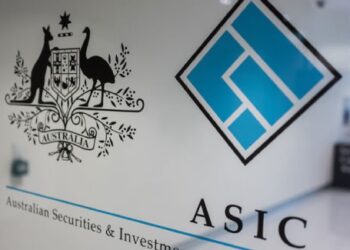In a blog post on the Tria Investments Partners website, managing director Andrew Baker suggested the government examine the “declining taxation yield from super” and consider how super fund earnings taxes can be increased if it wants to boost federal revenue.
The superannuation consultant said an $8.5 billion revenue on average system assets of $1.6 trillion is a taxation yield of 53 basis points.
Before the financial crisis, the budget estimate for revenue from super was $8.3 billion; however, system assets were $1.5 trillion at this point generating a taxation yield of 72 basis points.
“In other words, super now produces nearly 30 per cent less tax revenue per dollar of assets than it did six years ago,” said Mr Baker.
While the usual demand on the government is to “reduce the tax advantages that high income earners enjoy on concessional contributions”, the minimum tax advantage currently enjoyed by a high income earner is only $9,540, he said.
“Different contribution tax rates for different members will be an implementation challenge for super funds, taking the system back to the much criticised days of the Howard-era super surcharge,” said Mr Baker.
Instead, he believes it would be more appropriate for the government to bring “currently tax-exempt divisions into line with the accumulation divisions at 15 per cent”.
The super fund earnings tax rate, currently zero in the pension division, can sometimes be a negative tax rate due to reduced capital gains taxes on long-term gains and refunds of franking credits on Australian company dividends.
Bringing the pension division tax rate up to 15 per cent, in line with the accumulation division, could generate $5 billion in additional tax revenue each year, especially as around one third of assets are already exempt from tax, Mr Baker said.



It is nonsense to say super tax collections can be negative because of imputation credits. They are no more a negative tax than refunds of excess PAYG withheld.
As for a 15% tax on pension earnings, all that will do is send people looking for better after-tax yields elsewhere onshore and offshore – they do exist.
The real problem with super is not saving the government enough in age pension payouts. Super should be paid as life pensions, and income tested $1 for $1 against the all social security pensions or benefits. If you have a private pension, to that extent, you don’t need a taxpayer-funded one.